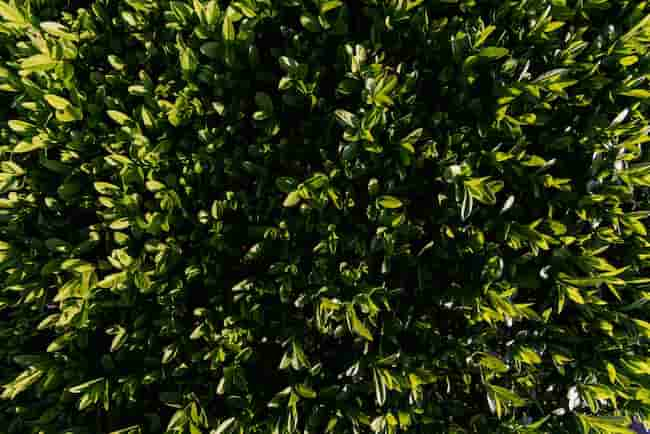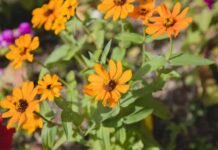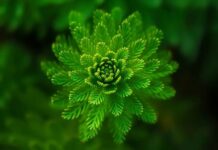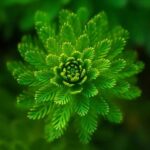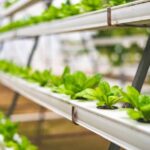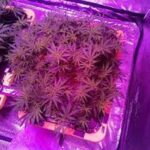Can You Leave A Grow Light On Too Long?
Grow lights are a great way to help your plants grow, but you need to be careful not to leave them on too long. If you leave the light on for too long, it can cook your plants and fry them. Be sure to pay attention to how long you have the light on and turn it off when you’re done using it.
How long should grow lights be left on?
Table of Contents
Most grow lights should be turned off after around 12 hours. However, you may need to adjust this depending on the type of light and the plants you’re growing. If you’re not sure how long to leave your light on, consult the manufacturer’s instructions or a gardening expert.
Be careful not to overuse your grow light! Leaving the light on for too long can damage your plants and make them less healthy. Turn off the light when you’re done using it and give your plants some time to rest.
How long can you leave a light on?
It depends on the light. Some lights can be left on for longer periods, while others should be turned off after a shorter amount of time. Be sure to consult the manufacturer’s instructions or a gardening expert to find out how long your light can be left on.
Be careful not to overuse your light! Leaving it on for too long can damage your plants and make them less healthy. Turn off the light when you’re done using it and give your plants some time to rest.
Can leave a light on too long cause a fire?
Leaving a light on too long can cause a fire. Be sure to always follow the manufacturer’s instructions and turn off the light when you’re done using it. Never leave a light on unattended, and make sure that your plants are far away from any heat sources.
Are LED lights safe to leave on overnight?
LED lights are generally safe to leave on overnight. However, you should always consult the manufacturer’s instructions to be sure. LED lights tend to stay cool and not cause any fires, but it’s always best to be safe. Never leave a light on unattended, and make sure that your plants are far away from any heat sources.
Does turning a light on and off use more electricity?
Turning a light on and off does use more electricity, but it’s not a significant amount. You’ll only notice a difference in your electricity bill if you leave the light on for a very long time. Be sure to turn off the light when you’re done using it and give your plants some time to rest.
How much energy is wasted by leaving lights on?
Leaving lights on can use a lot of energy, and it’s one of the biggest ways to waste electricity. Be sure to turn off the light when you’re done using it and give your plants some time to rest. You’ll save a lot of energy and money in the long run!
Is it better to leave a light on or off?
It’s generally better to leave the light off when you’re not using it. This will save energy and money, and it’s better for the environment. Be sure to turn off the light when you’re done using it and give your plants some time to rest.
Will a light bulb last longer if you leave it on?
Leaving a light bulb on will not make it last longer. It can shorten the life of the light bulb. Be sure to turn off the light when you’re done using it and give your plants some time to rest. You’ll save money in the long run by doing this!
Can I leave a fluorescent light on all day?
Fluorescent lights should not be left on all day. They should only be left on for a few hours at a time. Consult the manufacturer’s instructions or a gardening expert to find out how long your fluorescent light can be left on.
Be careful not to overuse your light! Leaving the light on for too long can damage your plants and make them less healthy. Turn off the light when you’re done using it and give your plants some time to rest.
What is the best way to water my plants?
The best way to water your plants depends on the type of plant you have. Be sure to consult the manufacturer’s instructions or a gardening expert to find out how much water and how often your plant needs watering. Overwatering or underwatering can both be harmful to your plants, so it’s important to be precise with your watering schedule.

